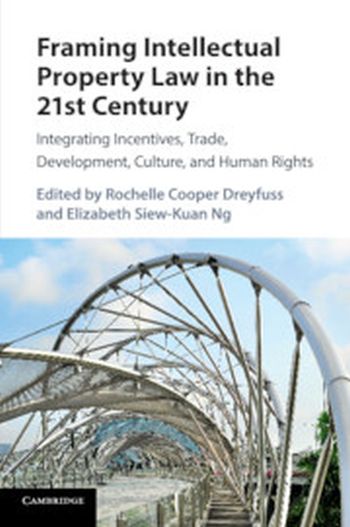
As knowledge production has become a more salient part of the economy, intellectual property laws have expanded. From a backwater of specialists in patent, copyright, and trademark law, intellectual property has become linked to trade through successive international agreements, and appreciated as a key to both economic and cultural development. Furthermore, law has begun to engage the interest of economists, political theorists, and human rights advocates. But because each discipline sees intellectual property in its own way, legal scholarship and practice have diverged, and the debate over intellectual property law has become fragmented.
This book is aimed at bringing this diverse scholarship and practice together. It examines intellectual property through successive lenses (incentive theory, trade, development, culture, and human rights) and ends with a discussion of whether and how these fragmented views can be reconciled and integrated.